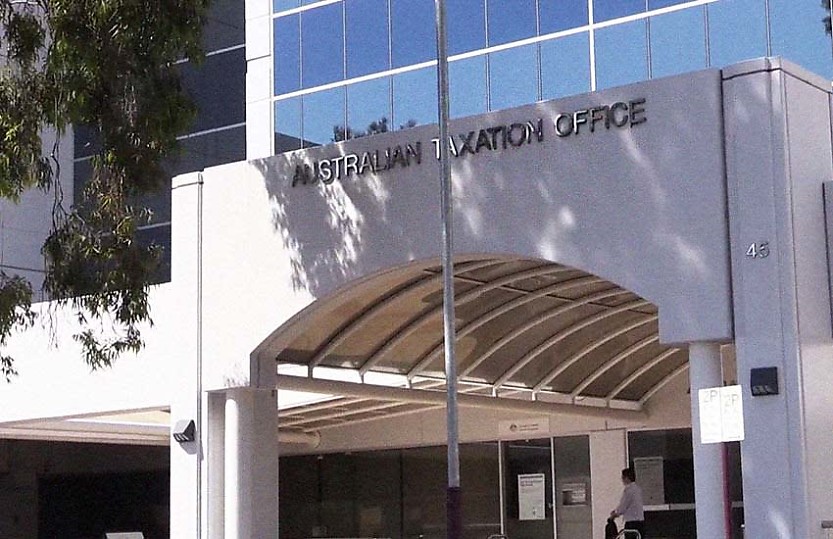Next 5,000 groups will pay for unsubstantiated related party transactions: ATO

The ATO has shared news of a recent Next 5,000 group-related party transaction taxable income adjustment, warning reviews for unsubstantiated transactions can be "lengthy and costly."
The Tax Office recently adjusted a Next 5,000 group's taxable income by $7 million plus penalties and interest for failing to substantiate a related party real property transaction.
The ATO said the action demonstrates the importance of keeping “complete and accurate records”, and the need for independent evaluation of related party real property transactions.
Failing to report related party pricing arrangements, whether through loans, leases, service arrangements or otherwise, can result in “lengthy and costly” reviews, audits, and amendments, it added.
The agency issued this warning in a website update last week, in which it also stressed the need to accurately document income and expenditure and that these must be reflected in tax returns and BAS.
The Next 5,000 group referenced above disposed of land to a related party. Subsequently, the ATO initiated a streamlined assurance review, during which the group was unable to determine the method used to land on the sales price.
A “lengthy valuation exercise,” was needed to confirm the $40 million sales price, which led the ATO to issue the taxable income readjustment of $7 million plus penalties and interest.
This is only one example of the many reviews conducted as part of the Next 5,000 program – a 2019 initiative that has, as of November last year, analysed over 7,000 significant transactions, activities, and events.
Next 5,000 groups typically control a wealth of over $50 million but fall below the threshold applied to the Top 500 private groups.
The program relies on one-on-one streamlined assurance reviews to ascertain whether a private group has paid and reported the correct amount of tax.
The reviews apply the justified trust methodology and consider a group's tax governance, any new and significant transactions and their tax implications, how their business and tax performances compare, and whether a group presents any tax risks.
“There is a strong correlation between the BAS disclosure errors that we see and a lack of or insufficient governance processes and procedures,” said the ATO.
Recently, the ATO expanded its approach to conducting comprehensive risk reviews in circumstances where a streamlined review exposed weaknesses in tax governance or response to emergent risks.
Late last year, the ATO said their reviews made clear that “many” groups fail to document their governance processes and procedures.
Related party transactions – of the kind described above - were among the common issues highlighted by the agency in its most recent report.
It specifically mentioned failures to document management service agreements, omitted or understated income where incomplete records were provided, and there being no formal lease agreement between related parties.
An expanded review found that several Next 5,000 groups lack a “basic understanding” of GST and how it affects related party transactions.






